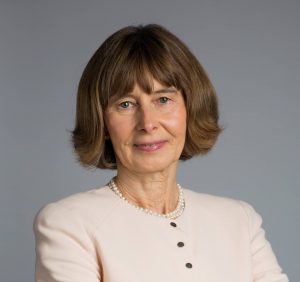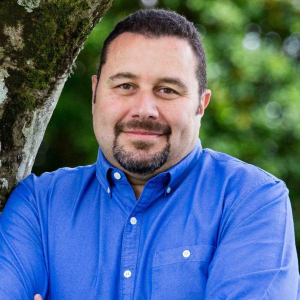The future Large-Scale Ultra-Complex Engineering Systems (LUES) are envisaged to be beyond the size of systems of today such as avionics systems, control and monitoring systems of large chemical plants, national telecommunication network, national economies, etc. A good example of such a system (LUES) is in the concept of the City of the Future. Cities of the Future – unlike Smart Cities which are largely an ICT retrofit of the constituent legacy systems (electric energy grid, communication networks, transportation system, etc.) – are going to be predominantly designed from scratch to a specification. At least the kernel of the urban ecosystem; followed by a subsequent continuous growth at the fringes governed by somehow semi-chaotic and conflicting requirements of different stakeholders. The world wide web can be regarded to some extent as a precursor of a LUES.
Large-scale systems in operation today are mostly the result of engineering practice accumulated over decades of the development. Little science may have been involved in their development as systems. In this context, the scientific knowledge the design of large systems is based on may be of limited value for the design of future large-scale ultra complex engineering systems.
Large-scale ultra complex engineering systems are going to pose a challenge for the design, design validation, system operation, and evolution. Actually, the nature and extent of that challenge is not clear yet as no systems of that nature have (probably) been developed to date.
Organizers
Panelists

Marta Kwiatkowska is Professor of Computing Systems and Fellow of Trinity College, University of Oxford. She is known for fundamental contributions to the theory and practice of model checking for probabilistic systems, focusing on automated techniques for verification and synthesis from quantitative specifications. She led the development of the PRISM model checker (www.prismmodelchecker.org), the leading software tool in the area and winner of the HVC Award 2016.
Probabilistic model checking has been adopted in diverse fields, including distributed computing, wireless networks, security, robotics, healthcare, systems biology, DNA computing and nanotechnology, with genuine flaws found and corrected in real-world protocols. Kwiatkowska is the first female winner of the Royal Society Milner Award and was awarded an honorary doctorate from KTH Royal Institute of Technology in Stockholm. She won two ERC Advanced Grants, VERIWARE and FUN2MODEL, and is a coinvestigator of the EPSRC Programme Grant on Mobile Autonomy.
Prof. Kwiatkowska is a Fellow of the Royal Society, Fellow of ACM and Member of Academia Europea.

Bashar Nuseibeh is Professor of Computing at The Open University, and a Professor of Software Engineering and Chief Scientist at Lero – The Irish Software Research Centre. He is also an Honorary Professor at University College London (UCL) and a Visiting Professor at the National Institute of Informatics (NII), Japan. Previously, he was a Reader in Computing at Imperial College London and Head of its Software Engineering Laboratory. He has had a career-long research interest in software requirements & design, broadening in recent years to encompass the engineering of adaptive socio-technical systems. He is particularly interested in security & privacy requirements of modern software-intensive systems, and the engineering dependable autonomy & adaptation in those systems.
Bashar received numerous awards for his work including an ICSE Most Influential Paper Award, a Philip Leverhulme Prize, an Automated Software Engineering Fellowship, and a Royal Academy of Engineering Senior Research Fellowship. His research team at the the Open University received the 2017 IET Innovation Award in Cyber Security, and as Chief Scientist of Lero he was the recipient of the 2018 IEEE TCSE Distinguished Synergy Award for excellence in research-Industry collaboration. He is also the recipient of a Royal Society-Wolfson Merit Award and two European Research Council (ERC) awards, including an ERC Advanced Grant on ‘Adaptive Security and Privacy’.
Bashar is a Fellow of the British and Irish Computer Societies, a Fellow of the Institution of Engineering & Technology, and a Member of Academia Europaea.